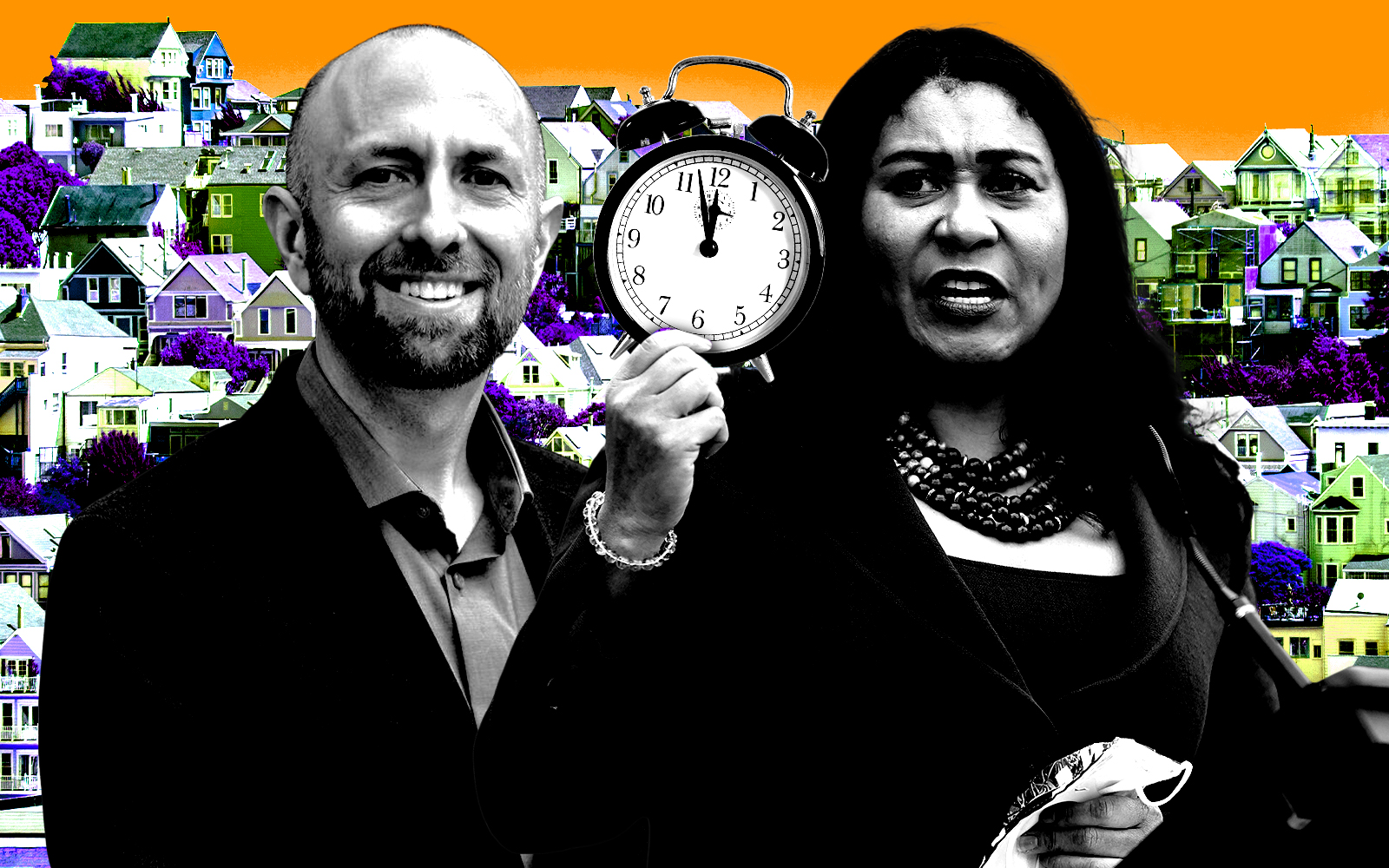 San Francisco officials push for 'Domicity' housing solution
San Francisco officials push for 'Domicity' housing solution
SF tries regulatory reform to cut red tape and fill empty shops
Breed-backed proposal would make 100 changes to planning code to boost economy

San Francisco has proposed more than 100 changes to its planning code to cut red tape on businesses and help fill the city’s empty storefronts.
Mayor London Breed and three supervisors have introduced sweeping legislation aimed at streamlining the process for new businesses and reducing costs, while filling commercial vacancies across the city, the San Francisco Business Times reported.
The proposed regulatory changes, co-sponsored by Supervisors Joel Engardio, Matt Dorsey and Myrna Melgar, include more than 100 modifications to the city’s Planning Code.
The legislation seeks to relax regulations for businesses such as public notice requirements and red tape required for outdoor patios and music venue licensing.
Many of the changes aim to eliminate the need for conditional use permits. By avoiding this process, businesses can move forward quickly and efficiently.
The proposal will be reviewed by the appropriate committee after its introduction this week.
Although the motion doesn’t alter the city’s ban on formula retail, which requires chain retailers to go through the conditional use process, the legislation introduces several significant changes.
One of the key revisions allows for more types of commercial uses on the ground floor of buildings, making it easier for professional services and co-working spaces to establish themselves. Additionally, the legislation introduces the concept of “flexible retail,” allowing businesses to switch between six different uses without additional permits.
It also clarifies that multiple uses are permitted for a single space, enabling businesses to operate as a store and a barbershop simultaneously.
Nighttime entertainment, bars and restaurants will be eligible for priority permit processing under the Community Benefit Priority Processing Program, potentially saving months of rent spent waiting for conditional use authorization. Also, music venues will have more options for serving alcohol through the Type 90 liquor license, which does not require excluding minors.
Breed sees the legislation as vital to restore the Downtown economy.
Katy Tang, executive director of the city’s Office of Small Business, emphasized the importance of flexibility in the planning code to accommodate evolving business needs. While she hopes for smooth approval of the ordinance, Tang acknowledges the potential for controversy if supervisors prioritize individual district interests over the overall goal of simplifying regulations.
— Dana Bartholomew
Read more
 San Francisco officials push for 'Domicity' housing solution
San Francisco officials push for 'Domicity' housing solution
 SF could allow unlimited home building along western corridors
SF could allow unlimited home building along western corridors
 SF’s Mayor Breed launches legislation to speed housing approvals
SF’s Mayor Breed launches legislation to speed housing approvals




